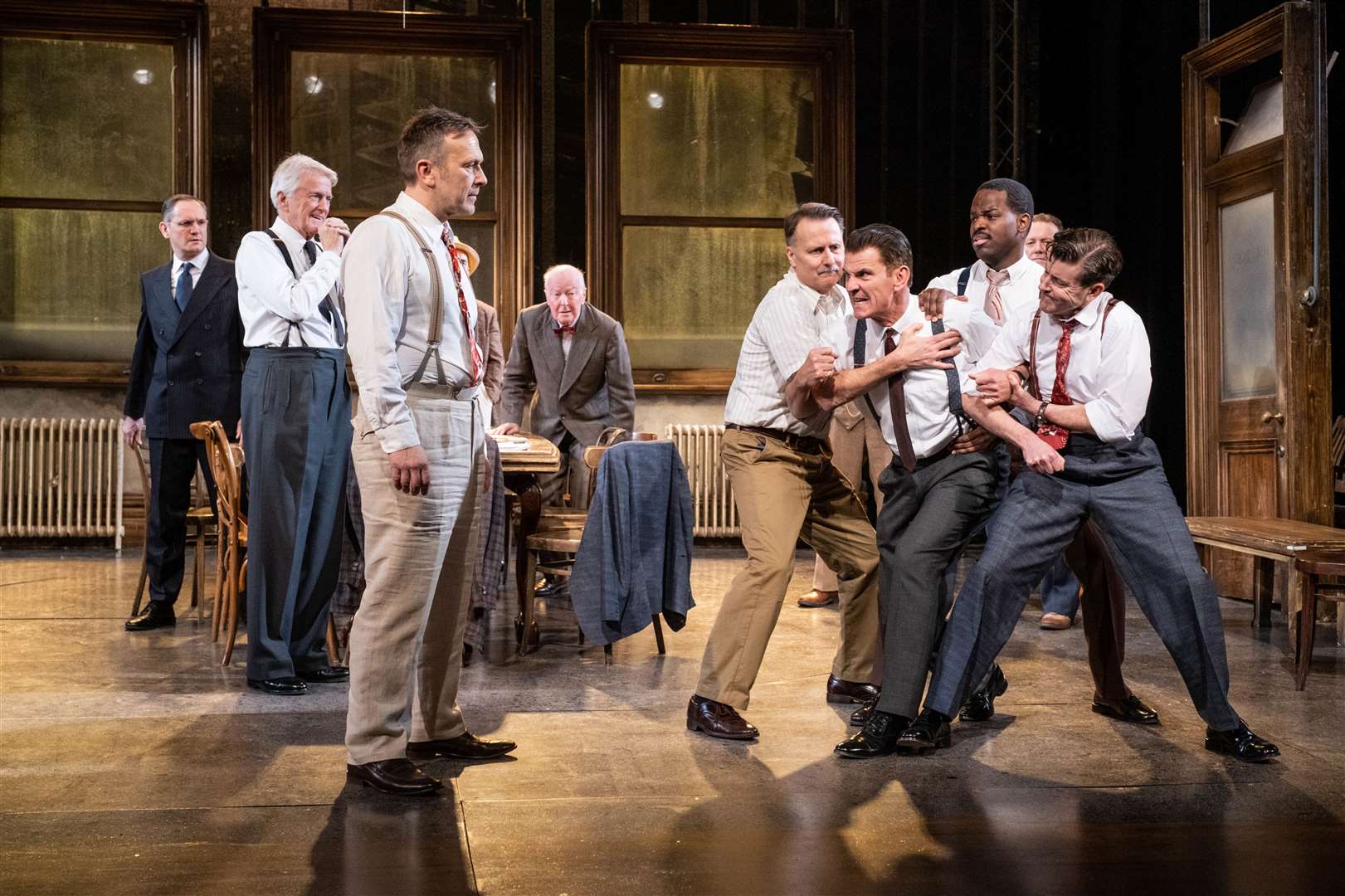Only a handful of movies throughout cinematic history have attained the legendary standing held by Rocky, the 1976 sports drama both penned by and featuring Sylvester Stallone. Far exceeding a mere boxing film, Rocky has grown to represent individual victory, connecting with viewers across diverse cultures and eras. To grasp why this character and his tale persistently motivate, one must delve into several crucial elements: the underdog storyline, its genuine nature, its societal influence, and the movie’s connections to real-life situations.
The Underdog Narrative: Embodying Hope and Grit
At the core of Rocky is the enduring charm of the underdog narrative. Rocky Balboa, a minor club boxer hailing from Philadelphia, receives a once-in-a-lifetime opportunity to contend against the current heavyweight champion, Apollo Creed. His origins are modest; he resides in a dilapidated apartment, earns a living as a debt collector, and harbors aspirations for a grander existence. Notwithstanding his limited means, he confronts challenges with unwavering determination.
This story reflects the personal challenges many individuals encounter. Audiences connect with Rocky’s path as it illustrates real-life situations where dedication surpasses inherent ability or advantage. He states, “It ain’t about how hard you hit. It’s about how hard you can get hit and keep moving forward.” This particular statement embodies the movie’s core message and explains why the protagonist serves as an emblem of individual success.
Authenticity: Rocky’s Realism Resonates
Unlike typical Hollywood heroes, Rocky is flawed, vulnerable, and wholly authentic. He struggles with self-doubt, relationships, and competence. The audience witnesses his awkward romance with Adrian, his fractured relationship with his friend Paulie, and his struggle for respect both inside and outside the ring. There are no shortcuts to his success—every achievement is hard-earned.
Furthermore, Stallone’s own journey while creating and starring in Rocky mirror’s his character’s. Stallone, then an unknown actor, refused to sell the script unless he played the lead, eventually making the film on a modest budget. The behind-the-scenes story reinforces the film’s central message—through sheer will and resilience, one can overcome overwhelming odds.
Cultural Impact: A Universal Narrative
Rocky’s narrative extends beyond national boundaries. His image ascending the stairs of the Philadelphia Museum of Art has evolved into a worldwide emblem of ambition and achievement. These very steps were formally dubbed “The Rocky Steps,” and visitors globally reenact the famous ascent, commemorating their individual triumphs.
The inspiring theme song, “Gonna Fly Now,” highlights training sequences frequently analyzed and mentioned in film studies, advertising, sports, and public gatherings. Sportspeople, business owners, and ordinary people acknowledge the movie’s influence on their personal pursuits of greatness. Many actual instances demonstrate individuals gaining inspiration from Rocky’s story—marathon participants enduring rigorous training, students overcoming challenges, and countless others relating to Rocky’s unwavering determination.
Insights into Perseverance and Confidence
The true nature of Rocky’s triumph is not in winning the fight; in fact, he loses the match by split decision. His victory is found in going the distance, achieving something thought impossible, and redefining what personal success means. The film subverts the traditional sports narrative of simple victory, instead spotlighting self-mastery and inner fulfillment.
Numerous follow-ups consistently delve into these concepts, with each one confronting Rocky with evolving obstacles—such as growing older, experiencing bereavement, and considering his heritage—illustrating that individual success is a continuous journey, not a fixed state. This particular aspect sets Rocky apart from simplistic heroic narratives.
Rocky’s Enduring Impact as a Story of {{Individual}} Victory
Rocky’s ongoing influence is evident in education, business, and even psychology. Academic papers analyze the character’s mindset as an archetype of resilience. Motivational seminars reference his determination as an exemplar for conquering fears and insecurities. The Rocky franchise’s box office success and critical acclaim (with the original film winning three Academy Awards, including Best Picture) reinforce its place in cultural consciousness.
Through its genuine depiction of struggle, realistic foundation, and broad appeal, Rocky transcends being merely a movie; it stands as a cultural benchmark that motivates people to discover resilience in hardship. The story emphasizes that individual victory is not primarily about recognition but rather about the bravery to persist, encouraging others to face their own difficulties, no matter how formidable the obstacles.



